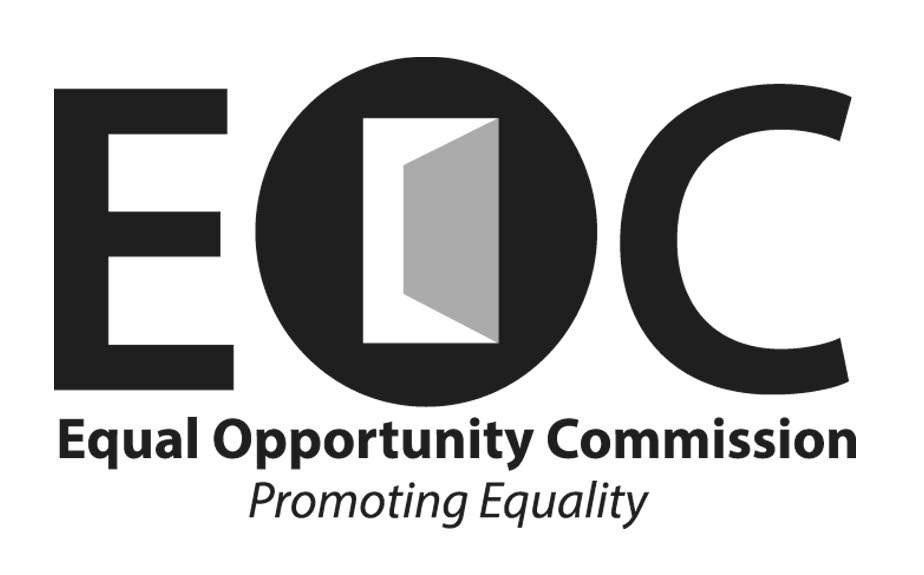Are we a disabled society?

Our inability to facilitate the disabled
HAVE YOU ever broken a leg? How did you cope? Who did you need? What did you do? Imagine life without a leg. The inconvenience of a broken leg for a few months, which some could hardly bare, is the life that some people with disabilities (PWDs) endure for the rest of their lives.
In many ways our inability to facilitate PWDs is the main barrier to their still living full and productive lives. This is reflected in a liberty that most of us may take for granted or may not even consider to be a right or freedom: the ability to exercise choice.
The choice to select any mode of transportation to get to work or to leisurely activities; the choice to go to any supermarket or clothing store to purchase items based on cost or variety; your choice of secondary school based on your scholastic abilities; our choice of career after achieving the requisite qualifications. Choice is a privilege not afforded to many PWDs.
There are many types of disabilities, but most can be categorised into physical disabilities or intellectual disabilities. Physical disabilities include blindness, deafness, lack of bodily functions and other disabilities stemming from health. Intellectual disabilities include Down syndrome, dyslexia and autism.
How do we go about providing special accommodations for this range of disabilities? The solution starts with acknowledging that we are asking the wrong questions.
There can be functional facilitation, not special arrangements, to accommodate PWDs. In other words, treating people in a manner that does not remind them every day about the disadvantages of PWDs and instead opens the possibility of choice.
There is a concept called "reasonable accommodation" which speaks to how people with disabilities can be accommodated at workplaces, schools or at businesses that provide products or services. These accommodations must not cause undue hardship on those who must provide it.
Consider the concessions for convenience made all the time for people based on business decisions. These are not considered undue hardships even when significant costs are involved and do not prevent these conveniences from being commonplace or a way of life.
For instance, drive-through facilities are a significant cost to restauranteurs, but they invest in them because they are a convenient way for people to access their services unencumbered by time, lines inside the restaurant or simply having to come out of their vehicle. How is it possible for conveniences such as this to be an integral part of a business but a ramp, which would cost significantly less, is an undue hardship?
We make exceptions for convenience all the time. How then as a society can we justify not making accommodations for PWDs? Seemingly, the only difference is purchasing power. It is one of the reasons that access to income-generating opportunities can solve many issues that PWDs face.
The Equal Opportunity Act protects people who may be discriminated against based on their disability under the category of employment. However, many PWDs continue to face discrimination and stigma in many spheres of our society.
Sometimes there is the typical assumption that people with a physical disability are less intelligent than others. This is reflected in the way some people raise the volume of their voices to communicate with a person who is blind, or refer to the person accompanying a PWD for answers to questions intended for the PWD.
The focus here is not on the actual capabilities of PWDs (which undisputedly, based on the contributions by PWDs to our nation and the world, are innumerable) but on how some people may collectively and incorrectly view them.
We should therefore ask the question: is society’s failure to see through the lens of PWDs an inability or disability?


Comments
"Are we a disabled society?"